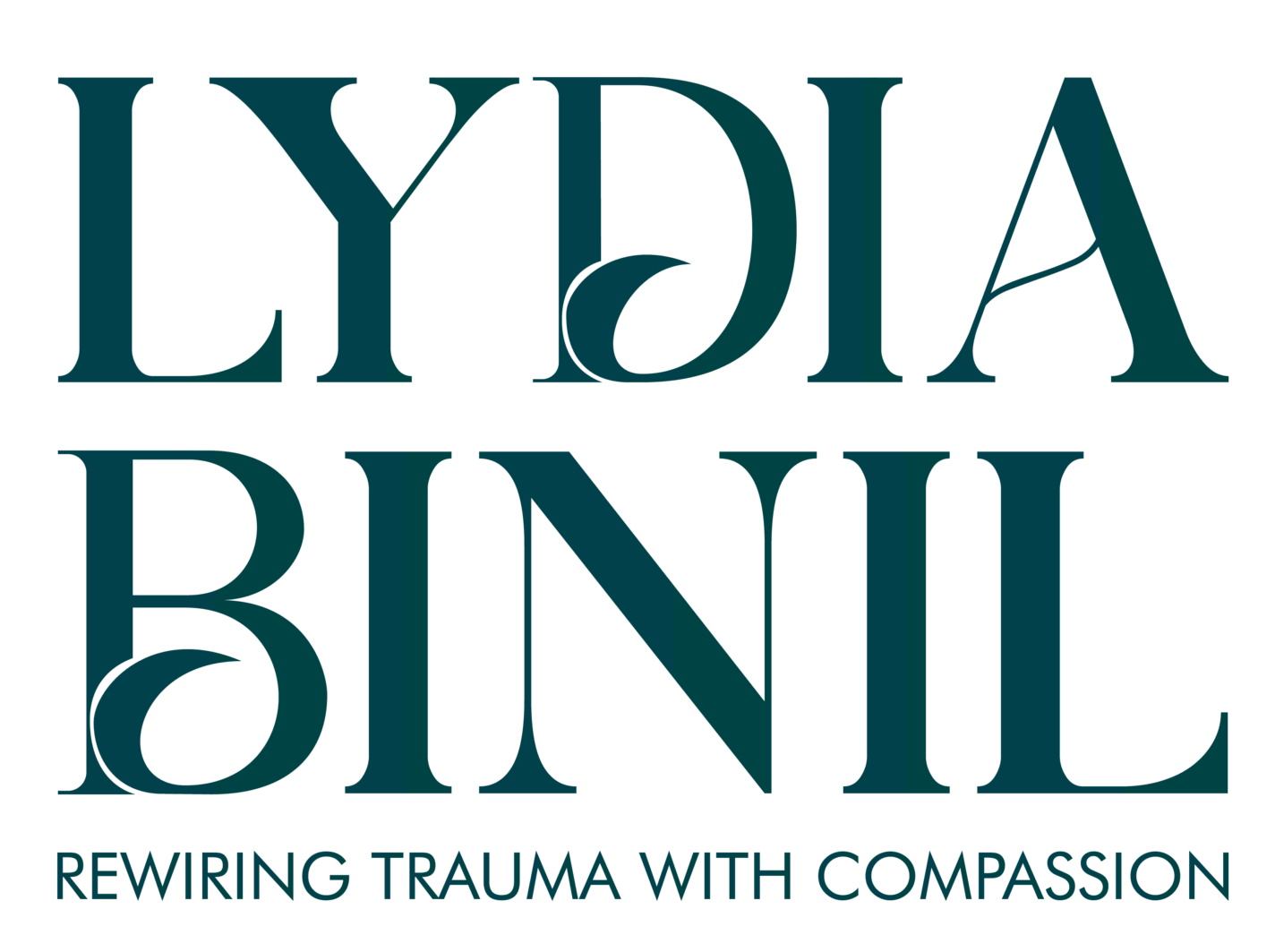After losing her mother, Anika felt grief like an ocean—waves washing over her unpredictably, sometimes gentle, sometimes overwhelming. She realized grief isn’t linear; it doesn’t follow a schedule, and it doesn’t wait for convenient moments.
The American Psychological Association notes that grief can significantly affect both mental and physical health, impacting 1 in 5 women profoundly for months after a major loss.
Anne Roiphe said, “Grief is in two parts. The first is loss. The second is the remaking of life.”
Anika created small rituals to honor her mother’s memory—lighting a candle each evening, journaling letters, and speaking to her children about love and loss. These practices didn’t erase the pain, but they made it bearable, even beautiful. Research suggests that acknowledging grief and creating mindful rituals can reduce emotional intensity by 20–30%, helping integrate loss into daily life.
Grief teaches us to hold space for impermanence, to treasure moments of connection, and to feel deeply without being consumed.
Reflective Question: What part of your grief remains unacknowledged, and how might honoring it create space for healing?
💬 Social Prompt: Share a ritual that helps you honor your grief.

